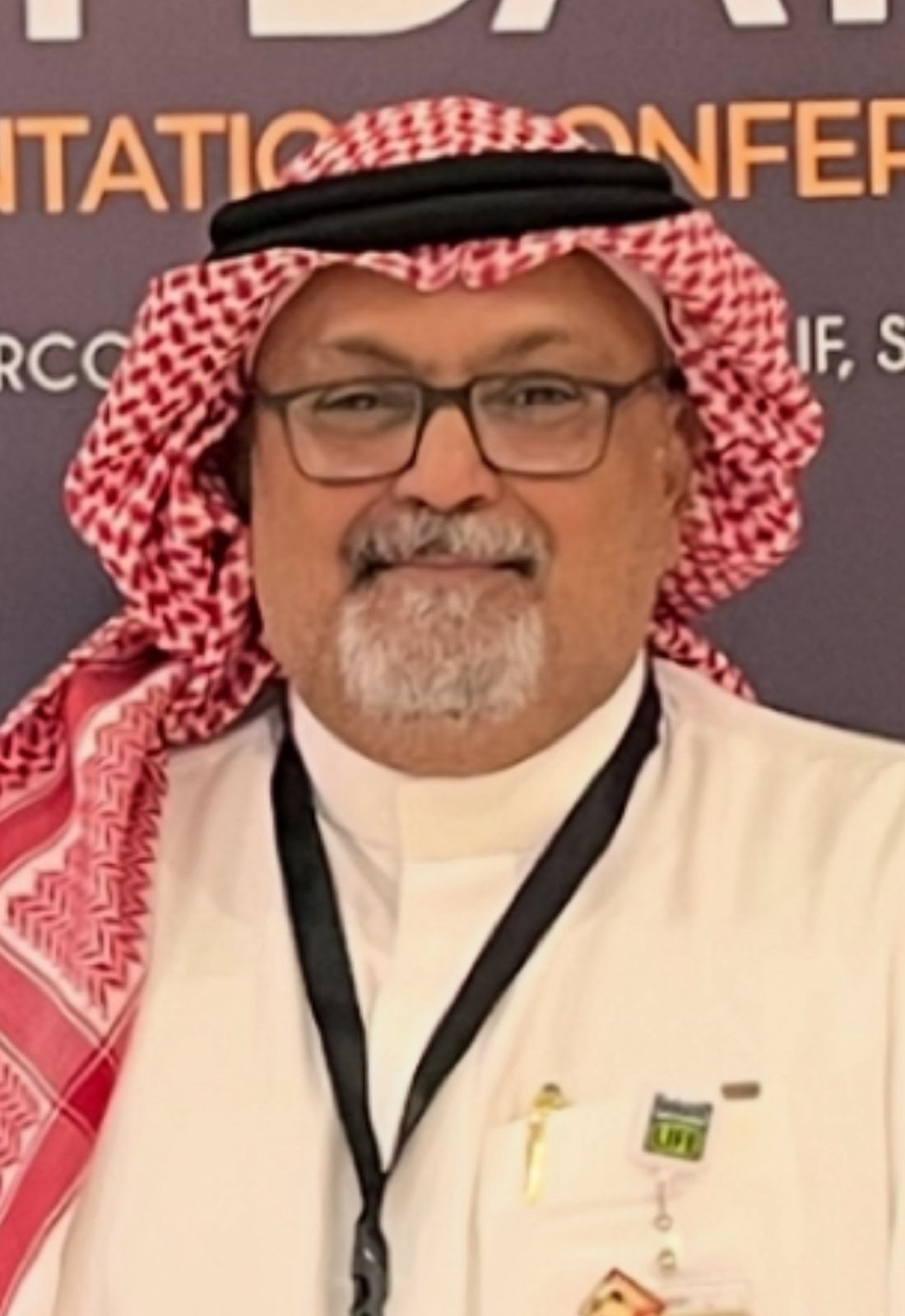
Yaser Kattoah – Professional Biography
Yaser Kattoah currently serves as the Administrative Kidney Transplant Coordinator in the Department of Nephrology at the Armed Forces Hospital in Taif, Saudi Arabia. Prior to this role, he spent over 12 years as an Administrative Organ Transplant Coordinator at King Faisal Specialist Hospital and Research Centre (KFSHRC) in Jeddah.
He began his career in the healthcare sector at the Saudi German Hospital in Jeddah, where he served in an administrative role for seven years, gaining significant experience in hospital operations and patient services.
Yaser earned his Bachelor’s degree in Communication Studies with honors from Robert Morris University in Pittsburgh, Pennsylvania, USA, in 2012. He also received a Diploma in Hospital Management and Healthcare in 1997 from the College of Administration at the Makkah Chamber of Commerce.
In 2007, he was awarded the Transplant Procurement Management Diploma from the Institute for Lifelong Learning – University of Barcelona, Spain, enhancing his expertise in organ transplant coordination.
Yaser has authored more than four scientific research papers addressing the challenges of organ donation and transplantation in Saudi Arabia, offering national-level solutions that have gained widespread recognition. His impactful contributions have earned him memberships in prestigious international organizations, including the Transplantation Society (TTS) and the International Society for Organ Donation and Procurement (ISODP).
In recognition of his accomplishments, Yaser was appointed as a member of the Saudi National Committee for Organ Transplant Coordinators. In 2007, he received a Travel Grant Award from ISODP for his participation in the project “Improving Consent via Patient Support Groups”, which he presented in Philadelphia, USA.
In addition to his professional and academic achievements, Yaser is actively involved in volunteer work through the “X” platform (formerly Twitter), where he provides guidance and emotional support to patients with organ failure. His efforts in raising awareness, connecting patients with care, and offering compassionate advice have earned him appreciation and praise from patients, families, and respected national figures, solidifying his position as a trusted and inspiring advocate for organ donation.
Moreover, Yaser has participated in over 16 international conferences on organ donation and transplantation, serving as an experienced speaker and expert panelist. He is among the few transplant coordinators in the Middle East with such a distinguished record of global engagement and scientific contribution. His presence at these events underscores his leadership and deep commitment to advancing ethical practices and public awareness in the field of organ transplantation.
Yaser continues to work on several new research projects aimed at addressing ongoing challenges in the field of organ donation and transplantation within the Kingdom of Saudi Arabia. This comes from his strong belief in the Vision 2030 of the Kingdom of Saudi Arabia, led by the Custodian of the Two Holy Mosques and His Royal Highness the Crown Prince. He is confident that, with God's help and the unwavering support of the government, this vision will be achieved—because the government firmly believes that citizens are the foundation of national development, and that investing in people is the key to building a thriving economy, a vibrant society, and an ambitious nation.
Exploring influencing factors for the wrong decision from kidney and liver failure patients to accept organs donation from their relatives
Yaser Kattoah1.
1Nephrology, Military Hospital, Taif, Saudi Arabia
Background: Kidney and liver failure represent significant health challenges globally, including in Saudi Arabia. Despite the increasing need for organ donations, patients often refuse familial donations due to various influencing factors.
Objective: This study aims to explore the medical, ethical, personal, and emotional dimensions contributing to patients with kidney and liver failure rejecting organ donations from their relatives.
Methods: Utilizing a cross-sectional design, the research surveyed 2,348 respondents, including patients, family members, healthcare providers, and the general public in Saudi Arabia during 2024. Themes and patterns were identified through thematic analysis, ensuring ethical considerations such as confidentiality and informed consent were prioritized.
Results: Findings revealed that the primary reasons for refusal included concerns about the donor's health, personal emotions such as guilt, worries about future complications, and the psychological impact of the donation process. Additionally, educational interventions and open dialogues among patients, families, and healthcare providers were identified as vital in addressing fears and enhancing understanding of organ donation.
Conclusion: The study underscores the need for comprehensive education about organ donation, addressing psychological factors, and ensuring supportive communication to aid patients' decision-making processes. It also emphasizes the importance of involving social workers and mental health professionals to facilitate this complex decision, thereby improving the likelihood of accepting organ donations from relatives and benefiting the overall transplantation process in the community.